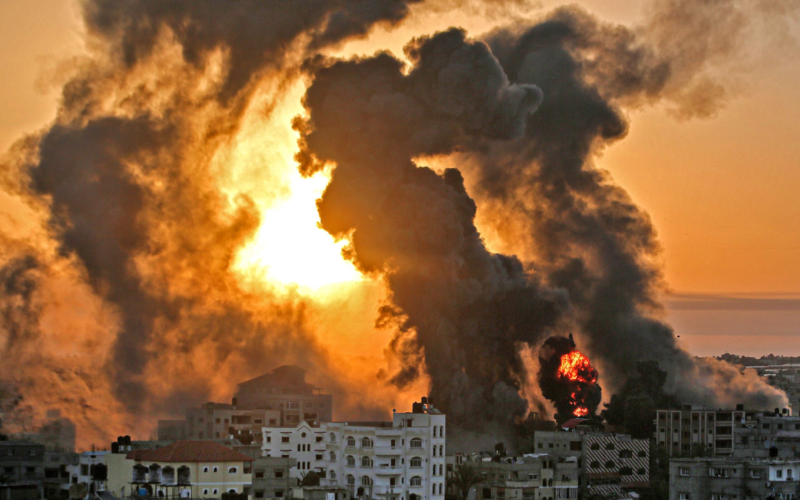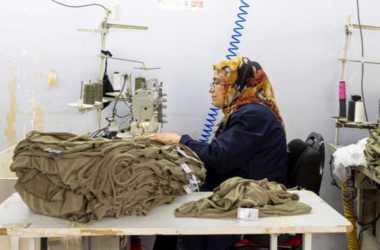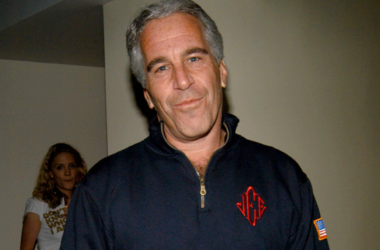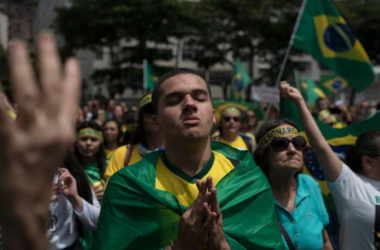Israel and the Gaza Strip are witnessing a devastating and unprecedented escalation of violence, with more than 1,100 lives lost as a result of an alarming series of events. This catastrophic surge in hostilities was sparked by a deadly attack carried out by the militant group Hamas, which killed hundreds of Israelis and abducted dozens more, marking one of the deadliest incidents in Israel’s history.
The situation took a dark turn when Hamas fighters launched a rampage through Israeli towns, resulting in the deadliest such incursion since Egypt and Syria’s attacks in the Yom Kippur War 50 years ago. This shocking event has sent shockwaves through the region and threatens to ignite another devastating conflict in the already long-running Israeli-Palestinian conflict.
In response to the horrific attack, Israel launched a series of air strikes targeting housing blocks, tunnels, a mosque, and the homes of Hamas officials in Gaza. These strikes have tragically claimed the lives of more than 400 people, including 20 children, in line with Prime Minister Benjamin Netanyahu’s promise of “mighty vengeance.” The devastating impact of these retaliatory strikes is causing immense suffering among the civilian population of Gaza.
The scale and intensity of the current conflict are unlike anything seen in recent history. Prime Minister Netanyahu’s rhetoric has departed from the usual restraint associated with previous conflicts, signaling the gravity of the situation. Israel has deployed tens of thousands of soldiers around Gaza, home to 2.3 million Palestinians, and has begun evacuating Israeli citizens living near the border.
The shockwaves from the attack continue to reverberate, with Palestinian fighters taking dozens of hostages to Gaza, including soldiers, civilians, children, and the elderly. Among the hostages, there are reports of foreigners. This hostage situation presents a complex challenge for Israel, reminiscent of past episodes when hostages were exchanged for Palestinian prisoners.
Calls for restraint have poured in from around the world, though Western nations have largely supported Israel, while Iran, Hezbollah, and protesters in various Middle Eastern nations have expressed solidarity with Hamas. The United States, a staunch ally of Israel, has condemned the attack while providing support to Israel in response.
As the violence continues to escalate, Israelis and Palestinians alike are grappling with the horrifying loss of life and the destruction left in its wake. The situation remains fluid, and the toll on innocent civilians is increasing by the day. This tragic flare-up threatens to undermine recent efforts to normalize relations between Israel and Saudi Arabia, a development that could have profound implications for Palestinian aspirations and Iran’s role in the region.
The current crisis represents a defining and heartbreaking moment in the Israeli-Palestinian conflict. The loss of life and the suffering endured by civilians on both sides are tragic reminders of the urgent need for a peaceful resolution to this longstanding conflict. As the international community watches with concern, efforts to de-escalate the situation and pave the way for lasting peace must remain a top priority.








